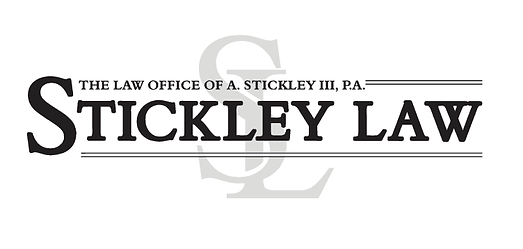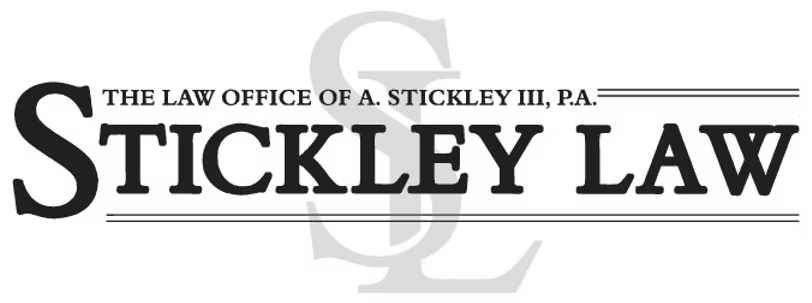National Senior Fraud Awareness Day on May 15 serves as a crucial reminder of the importance of protecting older adults from fraud. If you have elderly loved ones or are concerned about fraud impacting seniors, being aware of common scams is vital. Scams evolve constantly, but staying informed is one of the best defenses. Let's explore some common scams targeting seniors today.
Tech Support Scams
In tech support scams, fraudsters impersonate tech companies and claim there's a problem with your device that needs fixing. They often ask for remote access, ostensibly to solve the issue, but their intent is to steal sensitive information or install harmful software.
Government Impersonation Scams
These scams involve impostors posing as government officials, using threats of legal action to obtain personal data or money. They might claim there are unpaid taxes or issues with your Social Security number, creating fear to prompt immediate action.
Grandparent Scams
Fraudsters call elderly victims pretending to be a grandchild in distress. They create a sense of urgency, claiming they need money quickly for an emergency, relying on the victim's concern and emotional response to a family crisis.
Romance Scams
Romance scams involve criminals building trust with victims over online platforms, only to eventually request money. They exploit the emotional connection and trust they’ve developed to solicit help or gifts under false pretenses.
Medicare Scams
Scammers posing as Medicare representatives offer bogus services or products to collect sensitive information. They might promise free medical supplies or tests in exchange for personal or financial details.
Sweepstakes Scams
Victims are informed they've won a large sum of money or a fantastic prize, but are told they must pay fees or taxes in advance. This demand for upfront payment is a clear red flag of fraud.
Awareness is key to preventing these scams, so it's crucial to share this information with your loved ones. Encourage them to verify any unsolicited requests and be cautious about providing personal or financial information. For further action, consider linking to government fraud reporting resources or a fraud prevention hotline. By staying informed and vigilant, we can protect our seniors from becoming victims of these deceitful tactics.

